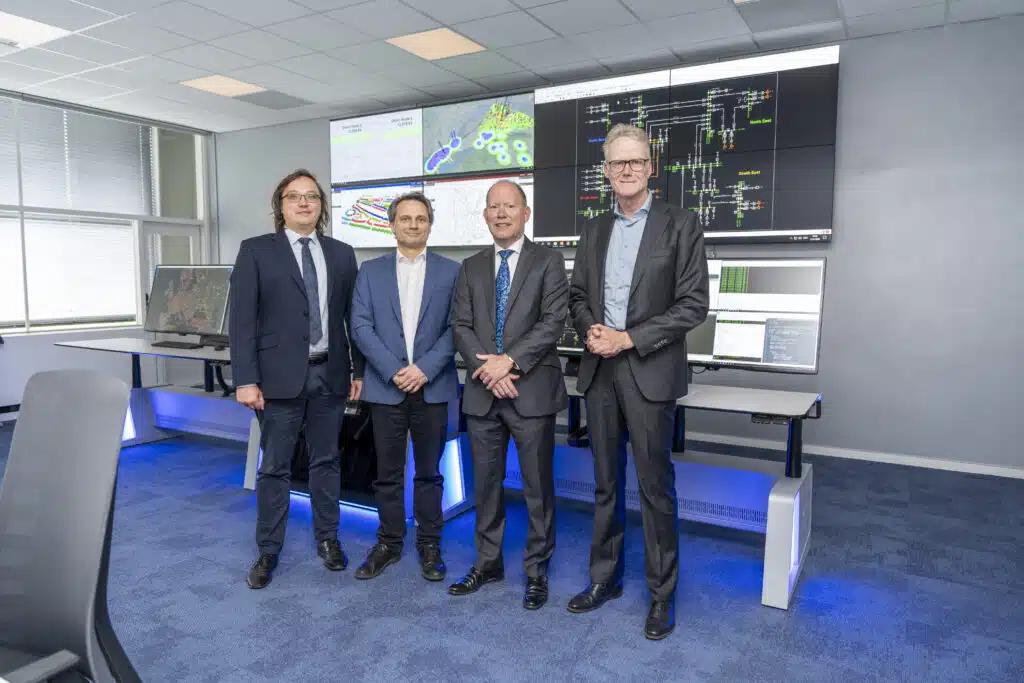ENCS and TU Delft sign Memorandum of Understanding
The increasing digitization of the power grid has brought about numerous benefits in sustainability, but it has also made the grid more susceptible to cyber threats. To address this challenge, the non-profit member organization dedicated to improving power grid security, ENCS, has joined forces with TU Delft’s Control Room of the Future, signing a Memorandum of Understanding on June 12 2024.
The new collaboration, further deepening a long-lasting partnership, aims to combine the strengths of both organizations to create knowledge and stay ahead of cyber threat developments in the international power grid security domain. The partners will focus on conducting research on future security technologies, operator training for effective cyber security practices, and standardization for grid operators.
At the heart of the new collaboration is the Control Room of the Future (CRoF) Technology Centre, a unique facility for research, development, and demonstration at TU Delft. It serves as an innovation hub for future power grid technologies, with a mission to make the power grid cyber secure and resilient to cyber threats . At the heart of CRoF is its RTDS Simulator, making it possible to run a Digital Twin of the grid, on which researchers and operators can realistically and safely test real life scenarios.Alex Stefanov, leading the research program on “Cyber-Physical System Resiliency and Cyber Security” at the CRoF Technology Centre, expressed enthusiasm about the partnership. “This step further professionalizes the CRoF, giving researchers the opportunity to benchmark and test our cyber security solutions together with industry experts.” The partnership will entail various collaborative efforts, such as red team/blue team exercises,.
“At ENCS we have a wealth of experience in conducting red team blue team trainings with European grid operators and critical infrastructures” said Anjos Nijk, Managing Director of ENCS. “Through this collaboration we can bring training exercises to a next level of technological capabilities and matching real life scenarios.”
“By giving us researchers the ability to test our research, we can elevate the technological readiness level of our research to 7 or 8. At the same time, grid operators can benefit from the latest insight. So, in other words: we can make real and immediate industry impact,” summarizes Alex Stefanov.

